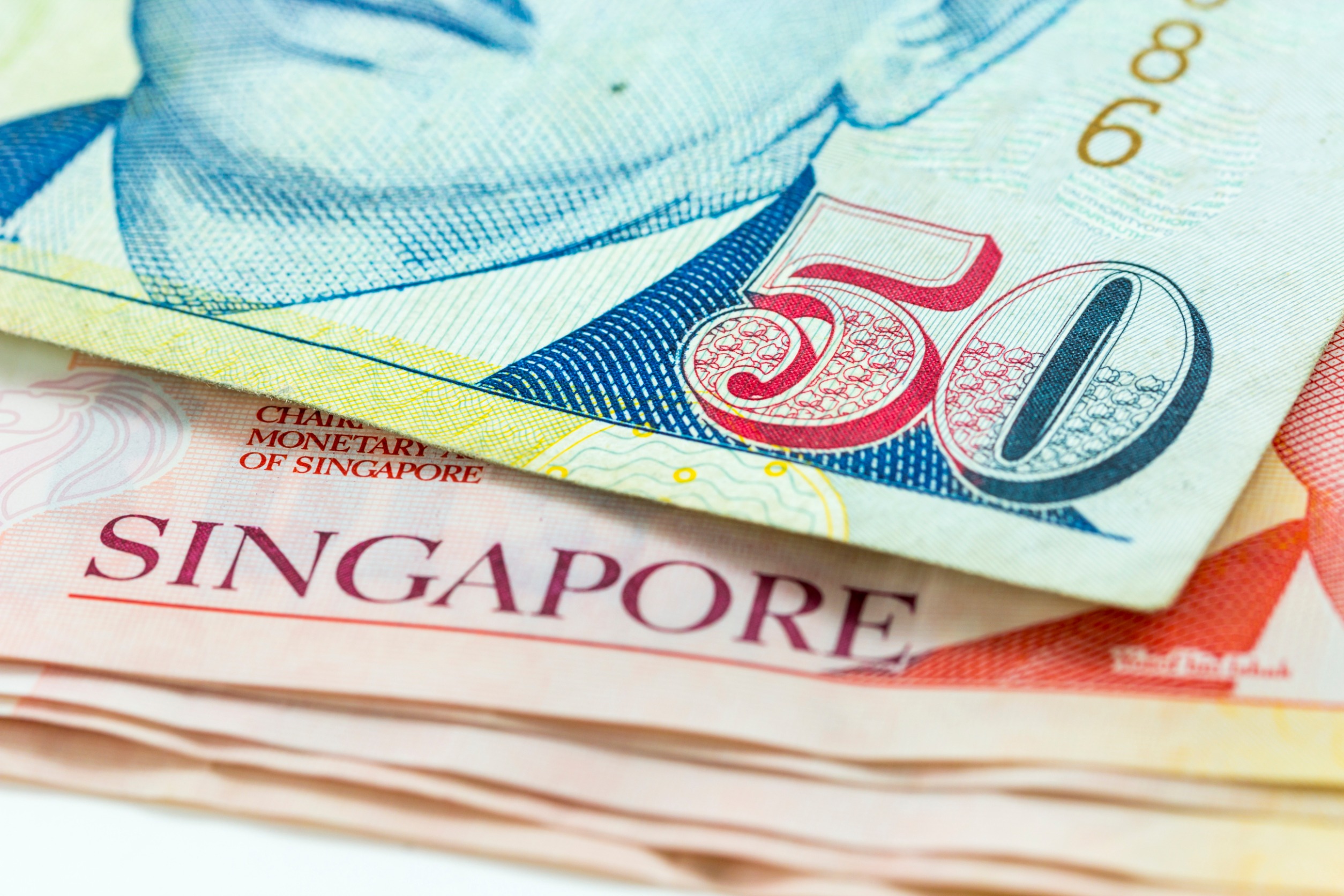Singapore sees increasing concern over pay transparency

While most organisations would consider pay transparency as important, as of the present time, there are no specific regulations mandating pay disclosure in the Asia-Pacific (APAC) region.
That, however, is expected to change soon, and the growing emphasis on pay equity and transparency within the APAC region can be seen in Aon’s latest 2023-24 Asia Pay Equity Survey results, which saw 350 responses across 13 Asian markets, including Mainland China, India, Singapore, Hong Kong, Malaysia, the Philippines, Thailand and Japan.
The survey, which is conducted annually, is meant to analyse, and understand the prevalent practices on pay equity and transparency.
Singapore’s results suggested that more organisations are attributing more attention and importance towards pay transparency in recent years, with 57% of respondents in Singapore citing it as becoming increasingly important, compared to the 18% who have already attributed high levels of importance and 25% who see its importance as limited or none.
According to the survey, 75% of Singapore organisations cited regulation and compliance as their primary driver for action on pay transparency, with 54% citing peer practices as a secondary driver. This is higher than the APAC average of 72% and 38% respectively. Diversity, Equity, Inclusivity, and Belonging (DEIB) policies, which were the secondary driver for APAC on average at 58%, were not rated as highly in comparison to Singapore, coming in at 36%.
Factors that organisations cited as considerations when it came to pay equity analysis across APAC included job family, performance, experience of employee, and gender, which were the top four factors across APAC organisations.
READ MORE: Singapore making progress in narrowing gender pay gap
Of the four factors, Singapore saw higher percentages than the regional average, with job family, experience, and gender as the top three factors that affected pay at 81%, 65% and 65% respectively, in comparison to the region’s 71%, 59%, and 50%. Performance rating, which was cited as the second highest factor that affected pay equity in APAC at 69%, was lower rated in Singapore at 54%.



